Nestled on the rugged Atlantic coast, the compact country of Portugal is something of an overlooked gem when it comes to European adventures. However, if you’re thinking of moving to Portugal, you’ll be pleased to know that this colorful corner of Iberia has plenty to fall in love with. With friendly locals, great food, and a laidback lifestyle, you’ll soon be wondering what took you so long to make the move.
But if you’re dreaming of a new life in the Portuguese sun, there are a few things you should consider before relocating. Indeed, addressing issues like visa requirements and schooling options ahead of time can make things seamless before you arrive in the country. To give you an idea of what you need to be doing, here’s our essential checklist for moving to Portugal.
- Do your research
- Decide where you want to live
- Arrange your Portuguese visa
- Move your belongings to Portugal
- Arrange your pet’s move to Portugal
- Think about health insurance
- Start looking for a job
- Sort out your finances
- Find somewhere to stay
- Think about education in Portugal
- Get an International Driving Permit
- Learn some Portuguese
- Get a taste for Portuguese culture
The Relocator
Planning a new life in Portugal? Give yourself some peace of mind with The Relocator. On their easy-to-use platform, you'll be able to compare your options quickly, getting quotes from some of the biggest names in global relocations. Move abroad confidently with The Relocator.
Do your research
For many, the enduring image of Portugal may be the on-field antics of local footballing superstar, Cristiano Ronaldo. Others, meanwhile, may be aware of the glorious beaches of the Algarve, a popular destination for European tourists. Some may even know a bit about the local cuisine, such as pastel de nata or piri-piri chicken. However, if you’re moving to Portugal, it’s essential that you carry out some research into what life is really like in the country.
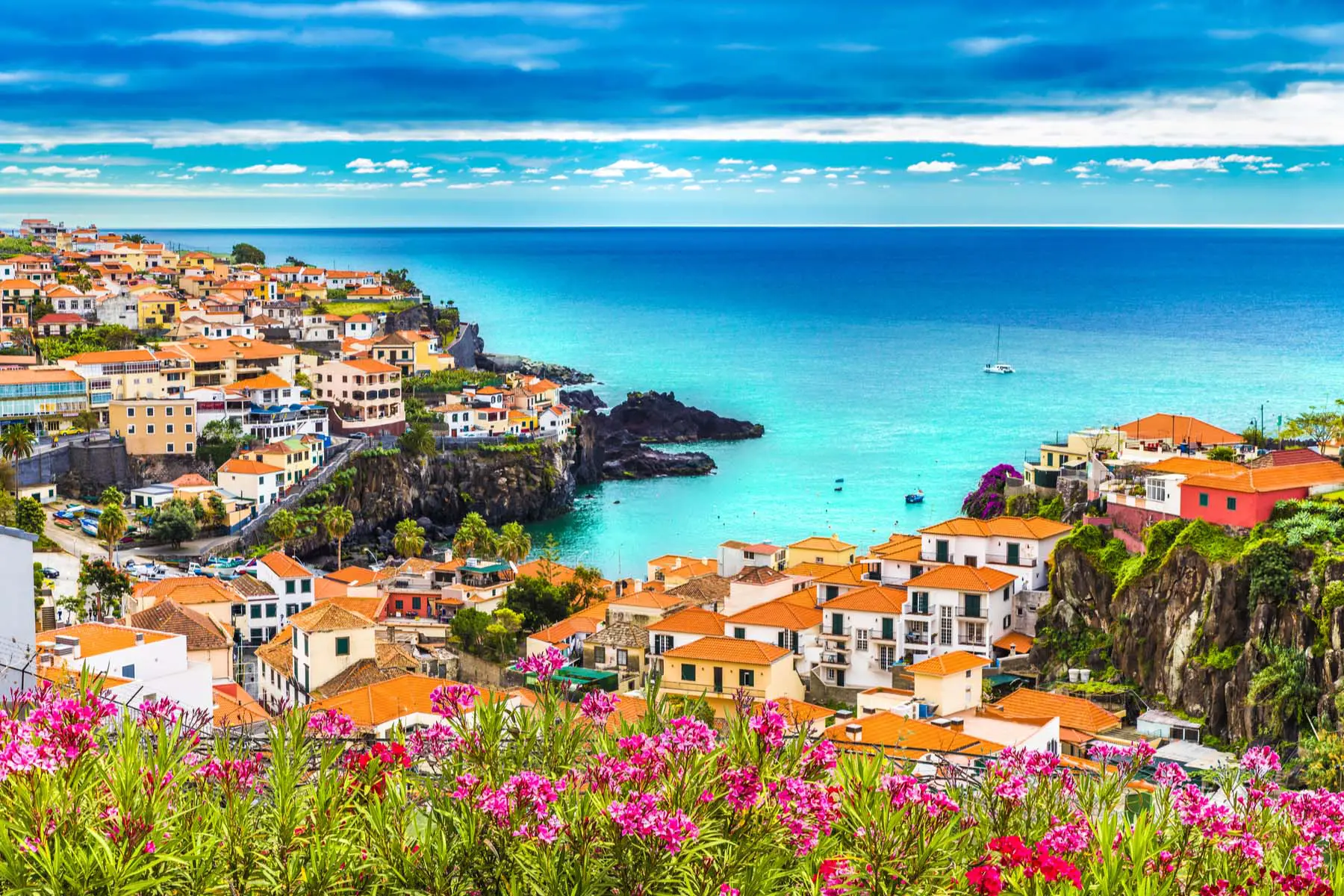
Your research should cover everything about your new home; from the general cost of living and the price of groceries at the local Portuguese supermarket to the quality of housing and school options in your chosen neighborhood. You might even want to connect with the local expat community to ask any questions you may have. To give you a helping hand, check out these three articles about Portugal:
Decide where you want to live
Once you’ve done your research and realized just how much you want to live in Portugal, it’s time to think about where you want to live. For some new arrivals, this will be decided for them; for example, if they have a job offer or family commitments to one city in particular. However, for many, the options will remain open, which means they get to decide which part of this fantastic country they want to call home.
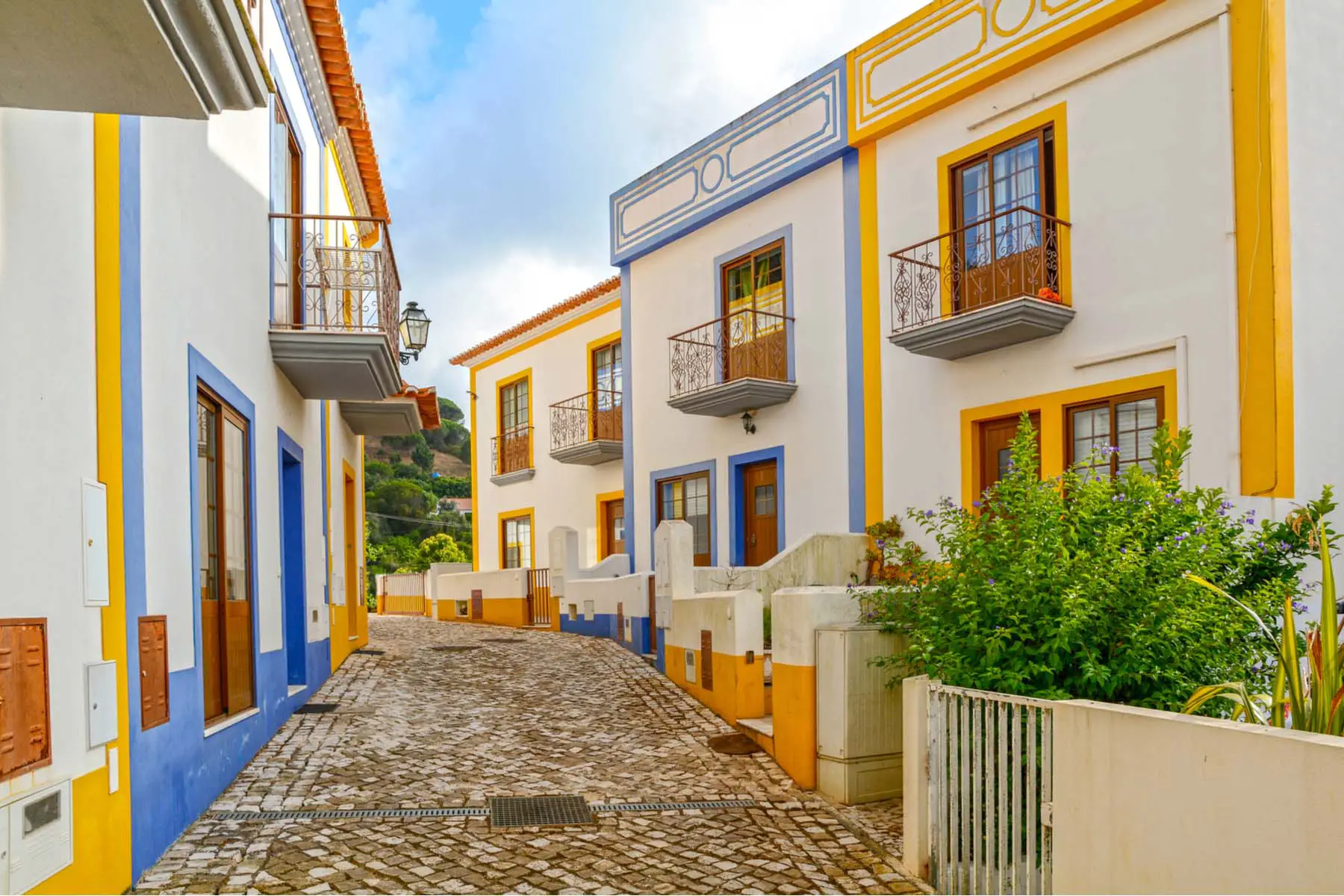
Despite its relatively compact size, Portugal has a surprising wealth of different options when it comes to finding somewhere to live. Indeed, whether you’re looking for city center living in Lisbon, a modern apartment on the Algarve, or a family home in the mountains, there’s something for all tastes. And don’t forget the islands, either, with offer a calming sanctuary in the middle of the Atlantic. For more information, be sure to read our guide to the best places to live in Portugal.
Arrange your Portuguese visa
Once you’ve decided that you’re moving to Portugal and you’ve chosen which city you want to call home, you’ll need to work out your visa options. Portugal is a member of the European Union (EU). Therefore, it has a two-tier immigration system that means citizens of other EU/EEA member states have the right to move there through Freedom of Movement. Following the United Kingdom’s exit from the EU, this right no longer applies if you’re a UK citizen. Be sure to check the latest visa requirements to find out more.
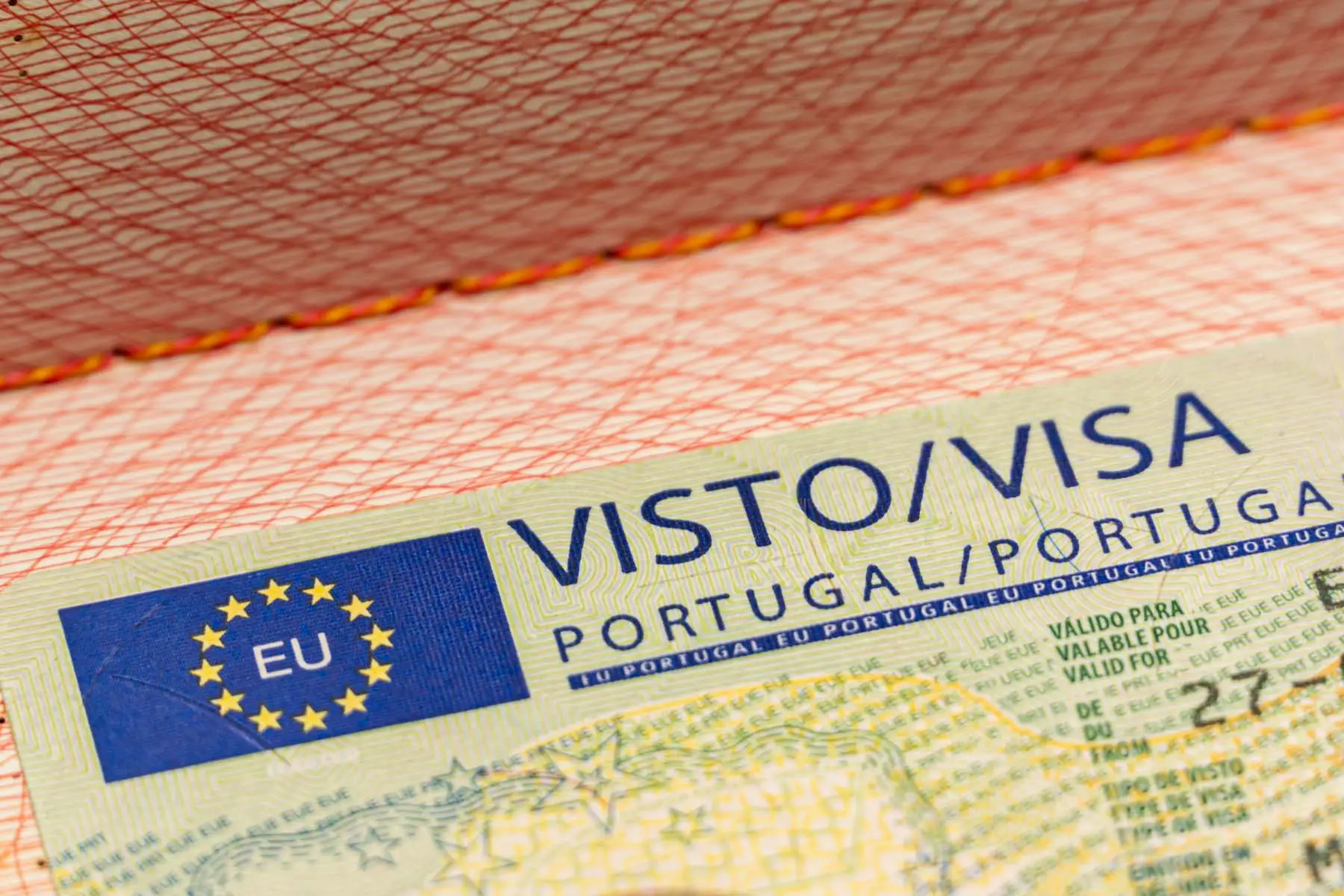
If you’re not from an EU/EEA country, however, then you may require a visa to enter Portugal, even for a short period of time. However, the requirements largely depend on your nationality and circumstances, so make sure you check well ahead of time to avoid any last-minute disappointments. If you plan to stay longer than 90 days, you’ll need to apply for a short-term visa which lets you stay up to a year. For stays longer than this, a long-term visa will be required. For more information, read our guide to visas and immigration in Portugal.
Move your belongings to Portugal
One of the most challenging aspects of any international relocation is arranging the transportation of your belongings. If you’re moving to Portugal, this process will largely depend on where you’re coming from and what you want to transport. Sorting removals to Portugal can be a daunting task for even the most seasoned expat. However, if you start the process early and give yourself plenty of time, it can be relatively stress-free.

If you’re trying to get your treasured belongings across borders or oceans to Portugal, then you may want to speak to a global relocation company. These are popular with expats as they know all about personal and corporate removals. Many also provide storage and other relocation services to help make your move seamless. Relocation platforms operating in Portugal include:
For more information on preparing your move, read our guide to relocation options for Portugal.
Arrange your pet’s move to Portugal
If you’ve got some furry family members, you’ll be pleased to know that Portugal is a great place for animal lovers. Whether you have a cat that will enjoy basking in the Iberian sun or a dog that can’t wait to explore those Portuguese beaches, they’ll soon be living their best lives. If you’re relocating with pets, sorting out their needs should be high on your checklist for moving to Portugal. Depending on where you’re arriving from, the process for moving pets can take a while, so be sure to start well ahead of time. This is especially true if you’re moving from a non-EU country.
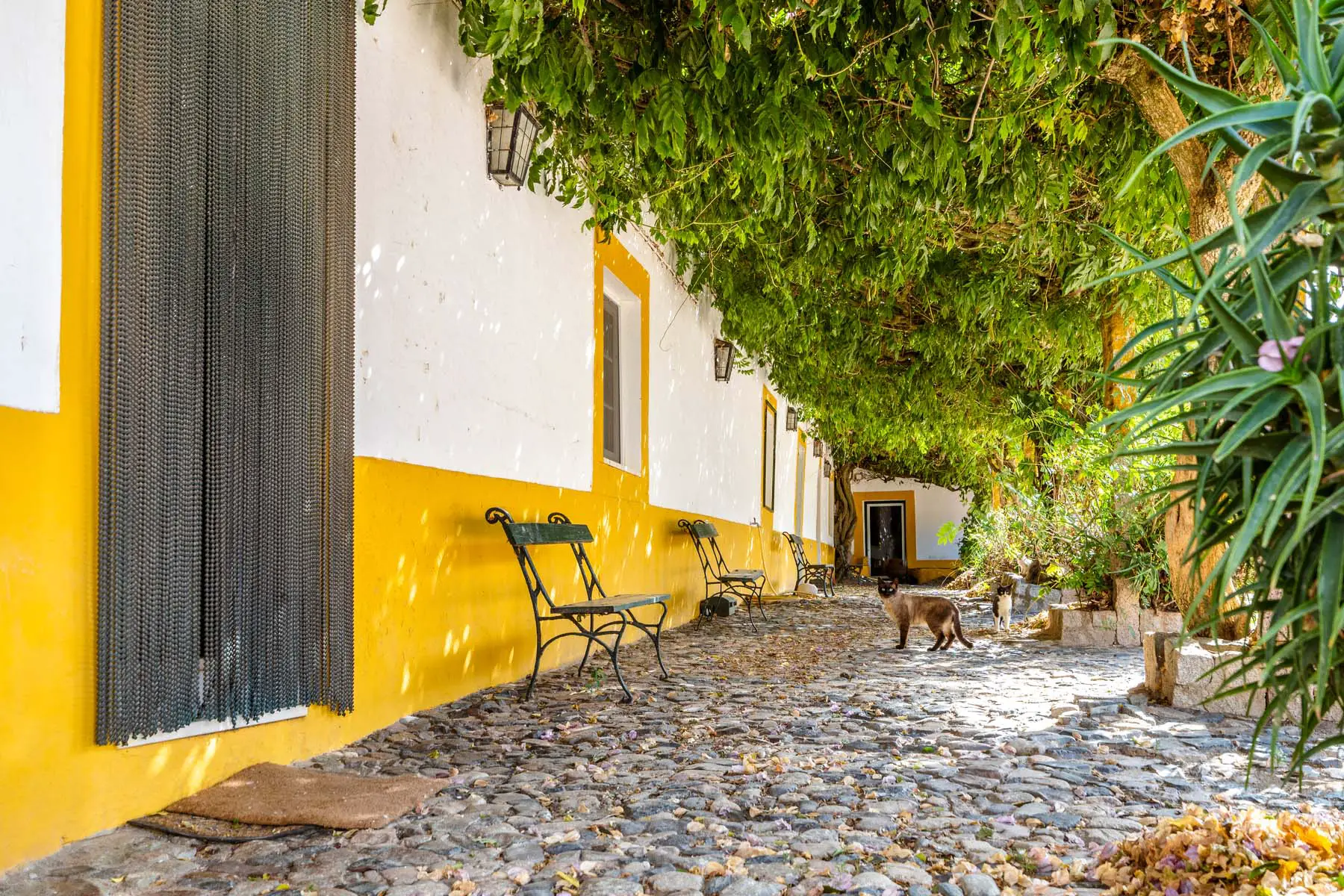
A good place to start the process is by getting to grips with the rules and requirements for importing a pet into Portugal. This will give you a good overview of what you can expect. Fortunately, you have some options when it comes to finding help, too. For example, many relocation companies can help arrange your pet’s journey as part of their services. This can include everything from sorting out the right paperwork to arranging any accommodation your four-legged friend may need on their way to Portugal.
Think about health insurance
Portugal has a state-operated healthcare system, known as the Serviço Nacional de Saúde (SNS), which works in a similar way to the UK’s NHS system. While this can be rather confusing for new and prospective residents in Portugal, the system provides an ever-improving level of care for locals. However, while many expats moving to Portugal are eligible for treatment on the SNS, some are not. This is why many internationals choose to take out private health insurance when moving to Portugal.

Luckily, there are plenty of options when it comes to getting private health insurance in Portugal. Many international arrivals choose to take out a policy with a global health insurance provider, such as:
Sorting out your health insurance coverage ahead of time can give you and your family peace of mind. This is particularly true if certain details of your move to Portugal are yet to be confirmed.
Start looking for a job
Some expats arriving in Portugal are lucky enough to already have a job offer in place before they even breathe in that Iberian air. However, for many, relocating to Portugal also means hitting the local job market. If this sounds like you, then it’s always a good idea to give yourself a head start and start researching the local job practices before you even leave home.

Despite being a relatively compact country, the Portuguese job market is fairly varied. Although it was hit hard by the Global Financial Crisis, Portugal had seen its economy slowly improving before the onset of the COVID-19 pandemic. However, some areas of the country are typically much more buoyant than others. For example, professional jobs are more common in the larger cities of Lisbon and Porto. Around the Algarve, meanwhile, you’ll find more casual work, which can be a great way to improve your Portuguese while settling into your new home. Read our guide to finding a job in Portugal for more details.
Sort out your finances
When moving abroad, it’s essential that you keep a handle on your financial situation throughout the process. This will help you avoid any nasty surprises along the way. After all, even the most seasoned expats will still find themselves paying out for things they hadn’t considered. Thankfully, Portugal is typically cheaper than many of its European neighbors. However, you’ll still need to be agile and adaptable when moving there.

You can keep costs to a minimum when transferring money overseas by using an online money transfer platform. That way, you’ll be able to avoid bank charges when sending money to Portugal. This will also help tide you over until that all-important first paycheck arrives. Some of the leading money transfer services include:
For more information, read our guide to making international money transfers. If you need to set up a bank account before arriving, you could use an online service such that specializes in working with internationals, such as:
Find somewhere to stay
Picturing yourself in a waterfront apartment complex on the beautiful Algarve? Or maybe you’d prefer a family villa in the spectacular Portuguese mountains. Whatever your perfect Portuguese home looks like, chances are you’ll need to find short-term accommodation for those first few weeks. This is typically the easiest type of accommodation to find, particularly if you’re outside the country and trying to arrange things online. Having somewhere short-term will also give you time to get your bearings in Portugal while you explore your new home.
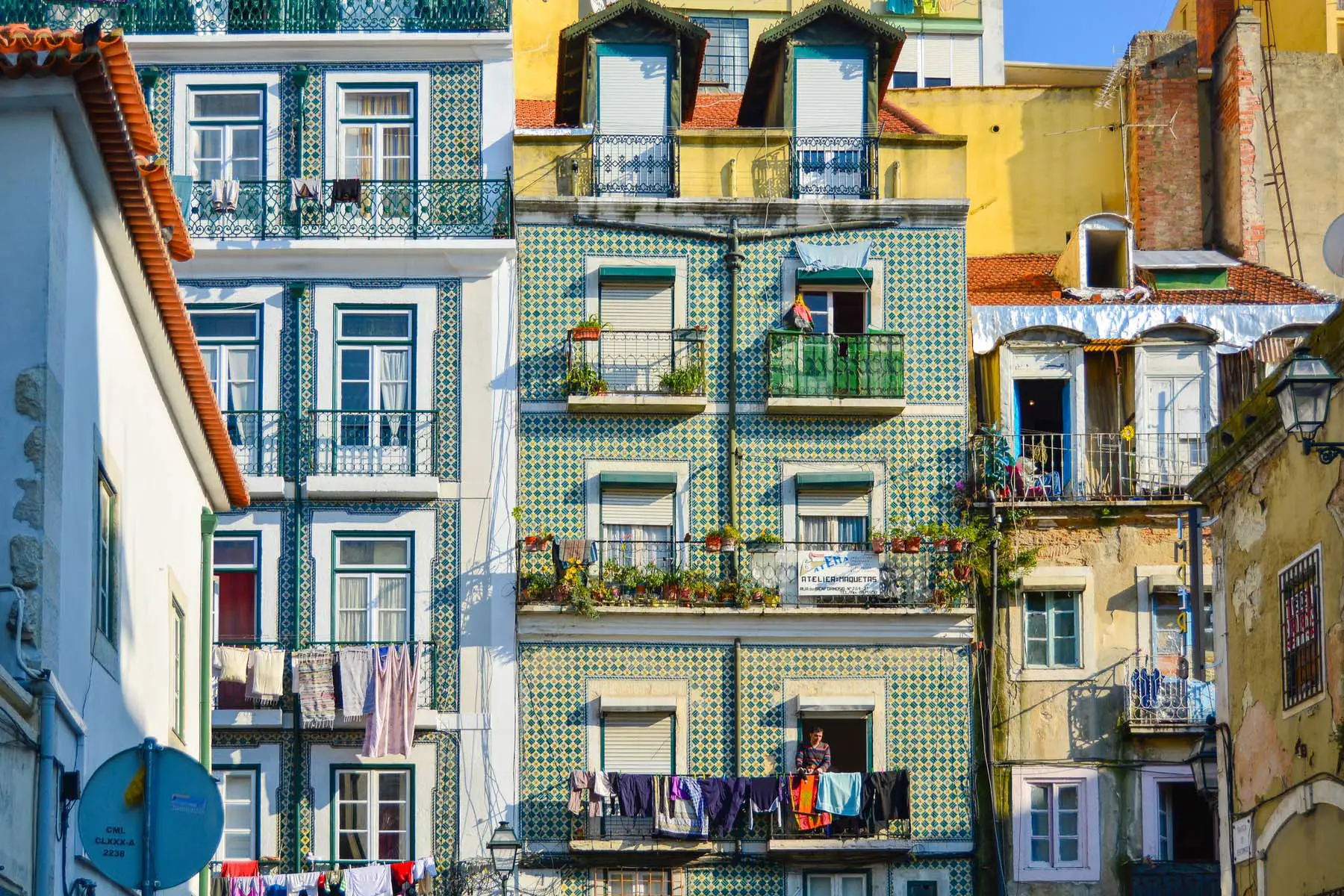
For some new arrivals, finding accommodation will be taken care of by their new employer. However, for most people moving to Portugal, finding shelter will be high on their to-do list. If you’re in need of something temporary, a serviced apartment can be a great option for the first few weeks or months. Alternatively, you can search for longer-term leases on some online accommodation portals. This would give you time to plan your next move, and decide whether to rent or buy a property in Portugal.
If you’re looking for a rental, check out some of the following portals:
- Airbnb (short-term accommodation)
- HousingAnywhere
- Spotahome
Think about education in Portugal
If you’re moving to Portugal with children, you’ll probably need to start thinking about schools long before you start packing. Generally speaking, you have the choice between public and private schools. Although public education is accessible to all residents of Portugal, regardless of nationality, it’s understandably taught in Portuguese. However, this will be much cheaper than say international schools, and will also give your little ones a chance to integrate into the local culture.

That said, many parents do prefer to enroll their children in a private or international school. Furthermore, these can often be better alternatives for older children who are working towards their exams. Just be aware that these schools can be significantly more expensive than what you are used to, so make sure to do your research ahead of time. If you have young children, you may also want to start looking into childcare options in Portugal before your move. This is particularly true if you’re looking for English-speaking care, as places fill up fast.
Get an International Driving Permit
As long as you’re over 18 and have a valid driving license, you’re able to drive in Portugal for up to six months after you arrive providing you have sufficient car insurance. If your license is issued by an EU/EEA country, you’ll also be able to use your existing license until it expires. However, you may prefer to swap it for a local license, and our guide to getting a Portuguese driver’s license provides more information on this.

If you are a non-EU/EEA national, on the other hand, you will need to swap your driving license for a Portuguese version within your first six months in the country. Depending on where you arrive from, you may also need to accompany it with an International Driving Permit. This will allow you to drive legally in Portugal. Notably, these are typically much easier to obtain in your home country, so make sure you apply well ahead of time to avoid getting stuck in first gear.
Learn some Portuguese
This might sound obvious, but if you’re thinking about moving to Portugal, you should take some time to learn the local language. Indeed, wherever you end up living in this great country, you’ll definitely need to speak Portuguese in your everyday life; whether you’re shopping at the local market or chatting to your new colleagues.

Fortunately, there are plenty of ways to learn Portuguese, including downloading easy-to-use apps such as these:
Of course, there is also the old-school method of actually going to a language school and opening a textbook. In this case, you can check online to find the nearest Portuguese lessons near you and give yourself the best chance of embracing the culture and language when you move to Portugal.
Get a taste for Portuguese culture
Getting excited about your Portuguese adventure? Then why not give yourself a taste of your new life by indulging in the local culture before you move? Thankfully, there are plenty of ways to do this, wherever you are in the world. One of the best ways to get a taste for your new life is, well, through your taste buds. Indeed, whipping up some of these delicious Portuguese recipes will give you an idea of what’s to come.

If cooking isn’t really your thing, though, then why not explore your new home by checking out some books and films about Portugal? There is also a whole host of great content about Portugal right here on Expatica. From reading up on Portuguese politics to planning all the great festivals in Portugal you want to discover, we’ve got you covered.




